Rising Healthcare Costs
The health insurance market in Japan is influenced by escalating healthcare service costs. As medical expenses continue to rise, insurers are compelled to adjust their premium structures to maintain profitability. In 2025, healthcare expenditure in Japan is projected to reach approximately 11.5 trillion JPY, marking a significant increase from prior years. This trend necessitates that health insurance providers innovate their offerings to remain competitive while ensuring that policyholders receive adequate coverage. The rising costs may also lead to increased scrutiny of insurance plans, as consumers seek value for their investments. Consequently, the health insurance market must adapt to these financial pressures, potentially leading to the introduction of new products and services that cater to the evolving needs of the population.
Increased Consumer Awareness
Consumer awareness regarding health insurance options is on the rise in Japan, driven by a growing emphasis on informed decision-making. As individuals become more knowledgeable about their rights and available coverage, they are more likely to demand transparency and value from their insurers. In 2025, surveys indicate that approximately 65% of consumers actively research their health insurance options before making a purchase. This trend is prompting health insurance providers to enhance their marketing strategies and improve the clarity of their policy information. Insurers that prioritize consumer education and engagement are likely to gain a competitive edge in the market. Consequently, the health insurance market is experiencing a shift towards more consumer-centric approaches, which may lead to improved satisfaction and retention rates.
Shift Towards Value-Based Care
The health insurance market in Japan is witnessing a gradual shift towards value-based care models, which prioritize patient outcomes over the volume of services provided. This transition is driven by a collective recognition of the need for more sustainable healthcare solutions. In 2025, it is anticipated that around 40% of health insurance plans will incorporate value-based care principles, incentivizing providers to focus on delivering high-quality care. This approach not only aims to improve patient health outcomes but also seeks to reduce overall healthcare costs. As insurers adopt these models, they may need to reevaluate their payment structures and provider partnerships. The health insurance market is thus evolving to align with these emerging trends, potentially leading to a more efficient and effective healthcare system.
Regulatory Changes and Compliance
The health insurance market in Japan is subject to a complex regulatory environment that significantly impacts its operations. Recent reforms aimed at improving healthcare access and affordability have prompted insurers to reassess their compliance strategies. In 2025, new regulations are expected to be implemented, focusing on transparency in pricing and coverage options. These changes may compel health insurance providers to enhance their reporting practices and adjust their product offerings to align with regulatory expectations. While compliance may pose challenges, it also presents opportunities for insurers to differentiate themselves through enhanced customer service and clearer communication. As the regulatory landscape evolves, the health insurance market must remain agile to navigate these changes effectively.
Technological Advancements in Healthcare
Technological innovations are reshaping the health insurance market in Japan, as insurers increasingly leverage digital tools to enhance service delivery. The integration of telemedicine, artificial intelligence, and data analytics is becoming commonplace, allowing for more efficient claims processing and improved customer engagement. In 2025, it is estimated that over 30% of health insurance providers will utilize AI-driven solutions to streamline operations. This shift not only improves operational efficiency but also enhances the overall customer experience, as policyholders gain access to personalized services. Furthermore, the adoption of technology may lead to cost reductions for insurers, which could be passed on to consumers in the form of lower premiums. As such, the health insurance market is likely to witness a transformation driven by these technological advancements.


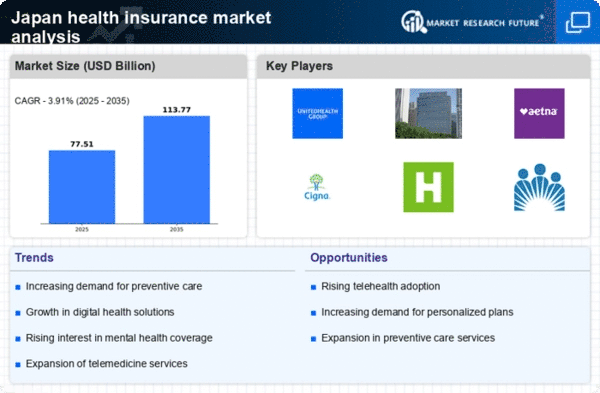
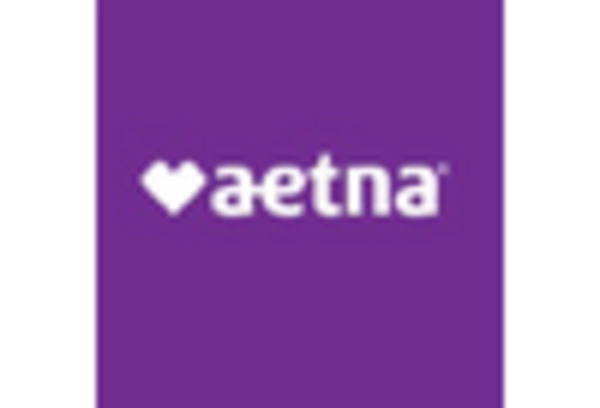

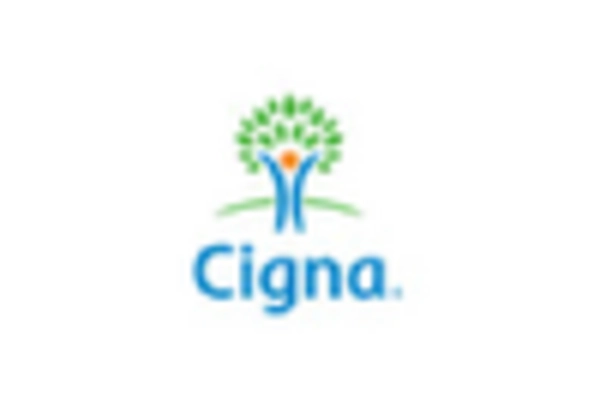
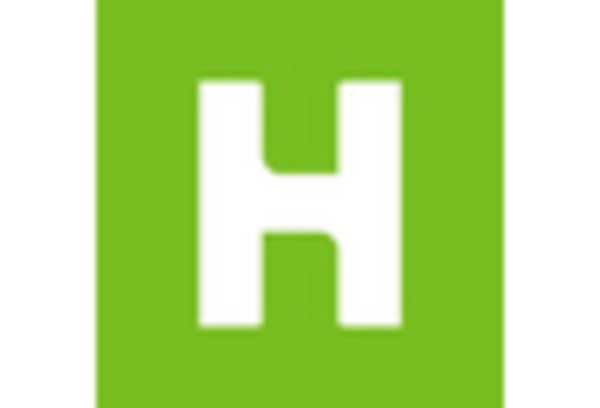

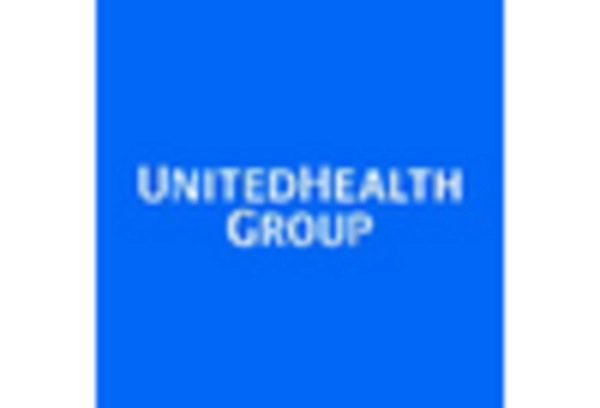








Leave a Comment